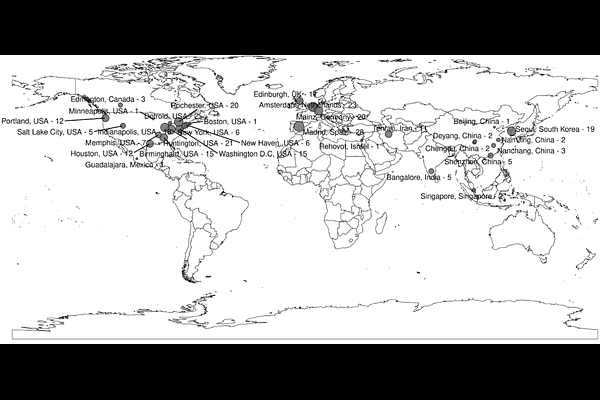Breast Cancer Clustering Integrating Complete Gene Expression Profiles and Genetic Ancestry

Breast Cancer Clustering Integrating Complete Gene Expression Profiles and Genetic Ancestry
Stepanian, J.; Mejia-Garcia, A.; Orozco, C.; Duitama, J.
AbstractBreast cancer (BC) remains the leading cause of cancer-related mortality among women globally. Precise subtyping of BC is critical for optimizing treatment strategies. This study explored the capacity of bulk RNA-seq data to improve breast cancer characterization by analysis of complete expression profiles. We analyzed RNA-seq 274 tumor samples and six healthy tissue samples from diverse geographical origins. Using over 9,800 SNPs directly genotyped from RNA-seq data, we successfully predicted broad genetic ancestry, identifying European, African, Asian, South Asian, and Admixed American origins. Molecular subtyping through PAM50 showed ambiguous classifications for about half of the samples, underscoring the limitations of current molecular diagnostic tools. Unsupervised clustering separated tumors in three main clusters. Cluster C1 demonstrated immune activation and inflammatory response pathways, while C2 highlighted metabolic and immune interaction processes. Cluster C3 exhibited enriched metabolic regulation and adipokine signaling pathways. In silico drug sensitivity analysis identified potential therapeutic strategies, including vinorelbine and AZD6482, with cluster-specific efficacy. Our findings emphasize the integration of ancestry-informed data and complete transcriptomic profiles to redefine BC subtyping. These insights offer a foundation for more equitable, ancestry-informed therapeutic strategies and highlight the importance of diversity in cancer research.